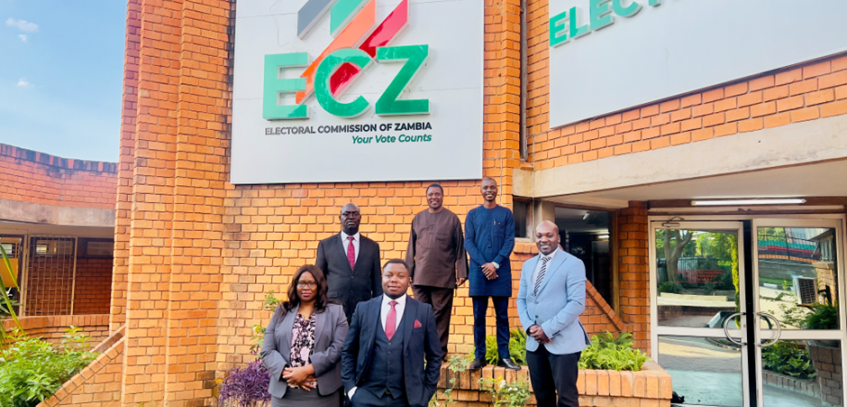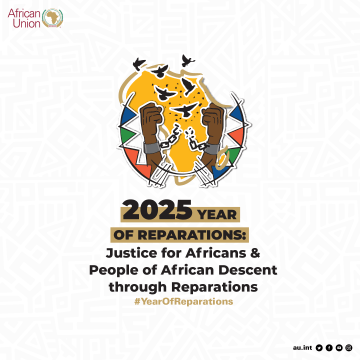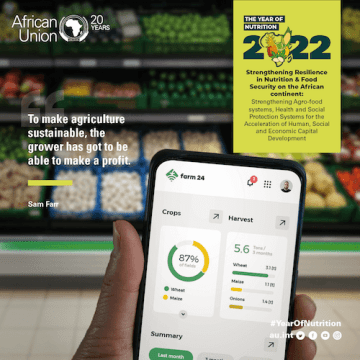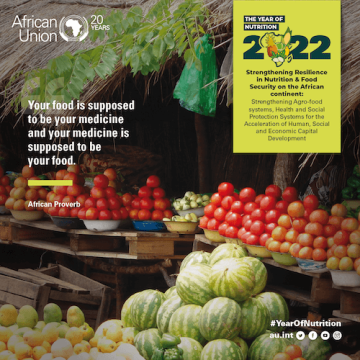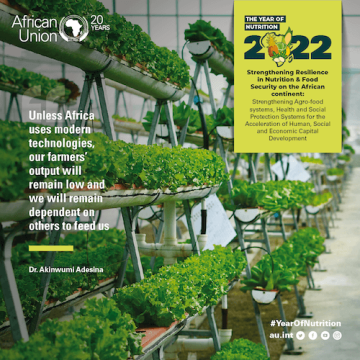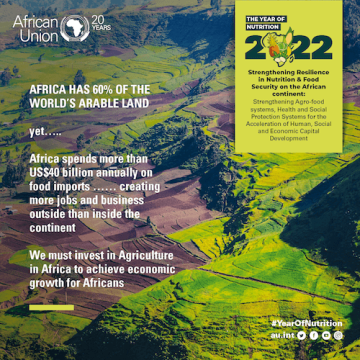03 November 2023, Lusaka, Zambia. A delegation from the African Peer Review Mechanism (APRM), Directorate of Monitoring and Evaluation was received by the APRM national Coordinator for Zambia Mr. Vanny Hampondela M&E Specialist in the Ministry of Justice. The National Coordinator welcomed the team to Zambia and thanked them for having included the country in the impact study.
The core objective of the four (4) days technical mission in Zambia was to validate the draft impact study report submitted by Zambia and engage in further data collection on the key indicators from key focal government ministries, departments, and agencies in Zambia.
During the technical working mission to Zambia, the team from the APRM Continental Secretariat, National Consultant and Coordinator for Zambia held data collection and validation exercise with stakeholders from the Ministry of Finance and National Planning, representatives from vice president under the Disaster Management and Mitigation Unit, the Electoral Commission of Zambia, and the Ministry of Community Development and Social Service.
During the technical discussions, representatives from the government of Zambia appraised the continental team on some of the milestones the country has achieved during the implementation of the first-generation Peer Review that was conducted during the 18th APR forum of Heads of State and Government on 26th January 2013. Notable was the constitutional amendment of 2016, specifically the Electoral Act Process and the Electoral Commission Act 2016 that empowers the electoral commission of Zambia to prescribe the conduct of elections in the country. The stakeholders also informed the team from the continental secretariat that the country enacted an aging and disability policy in 2015 as well as passed the 2011-2014 social protection policy to enhance inclusivity of marginalized groups in society.
The Technical team from the APRM continental secretariat seized an opportunity while meeting stakeholders from the Office of the Vice President, under the Disaster Management and Mitigation Unit to sensitize and orient them about the fifth (5) thematic area on State Resilience to Shocks and Disaster (SRSD), owing to the fact that they are the custodians of this new thematic area and the fact that the country is in final gears to prepare and submit its Country Self-Assessment Report to the Continental Secretariat.
Data collected during the four (4) days technical working mission to Zambia will be included in the overall continental wide report on the Impact of APRM process in Member States with a clear chapter dedicated to highlight the good practices promoted by the government of Zambia to deepen the APRM processes at the national level.
The APRM Impact research will employ a methodology that involves analysing specific cases to assess its effects. Case studies facilitate comprehensive examinations of intervention processes by employing many methodologies for data collection and analysis, encompassing both quantitative and qualitative data. These methodologies include interviews, surveys, content analysis, and statistical analysis of secondary data.
The study aims to evaluate the level of state parties' receptiveness to governance reviews carried out by the APRM. Furthermore, it aims to uncover obstacles faced during the execution of important suggestions in the assessment reports and pinpoint exemplary methods developed in different regions as a reaction to the APRM recommendations. The impact research aims to assess individuals' opinions of the APRM's efficacy in affecting their country's governance and development. It also aims to propose practical recommendations for enhancing the impact of the APRM through consultation processes.
For further inquiries, please contact us:
About the African Peer Review Mechanism (APRM)
The African Peer Review Mechanism (APRM) is a mutually agreed instrument for member countries to voluntarily self-monitor their compliance with agreed international and continental governance standards. The APRM's vision is to build an Africa that is prosperous, peaceful, democratic, and sustainable. It aims to foster the adoption of policies, standards, and practices that lead to political stability, high economic growth, sustainable development, and accelerated regional and continental economic integration.


